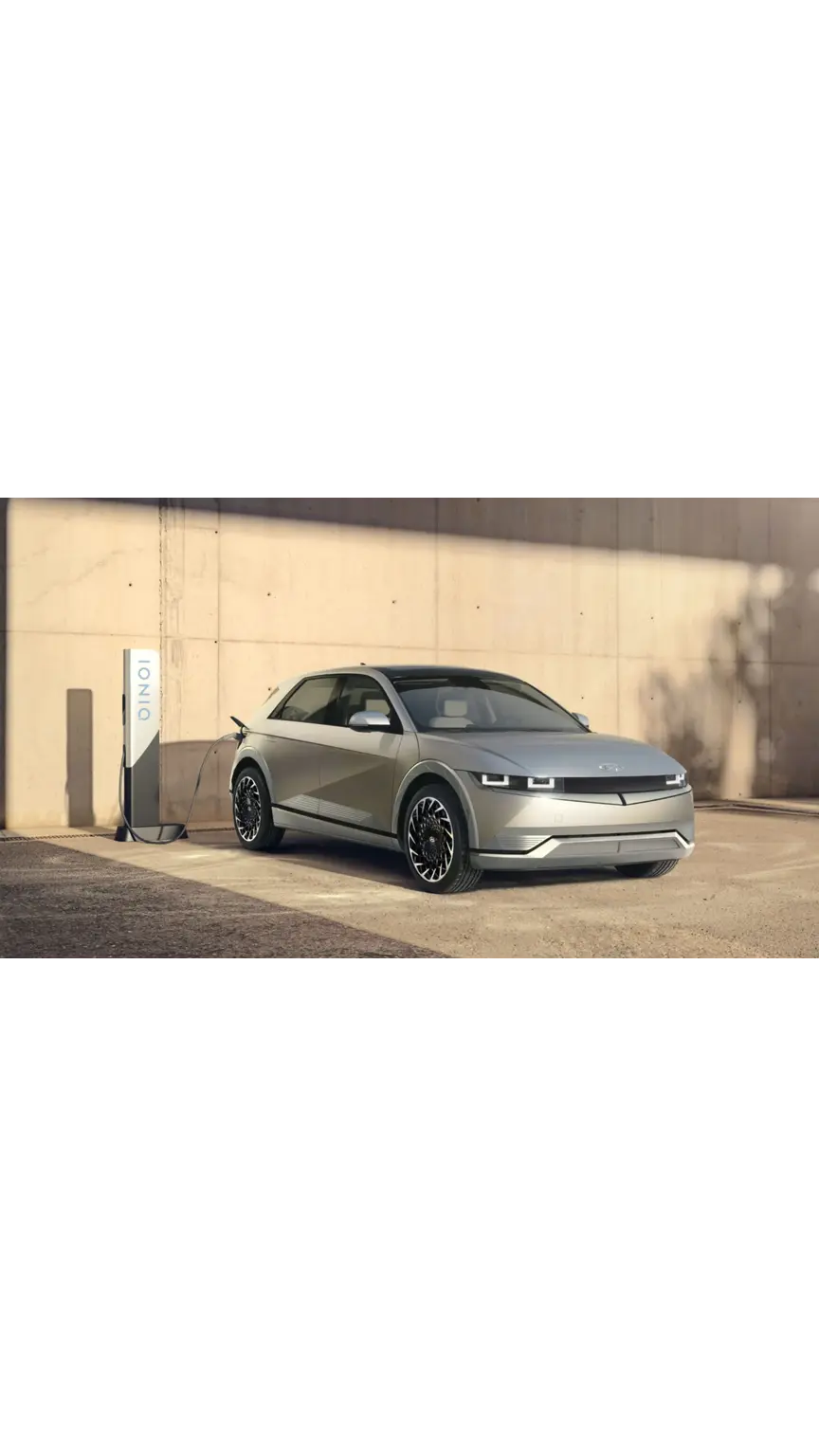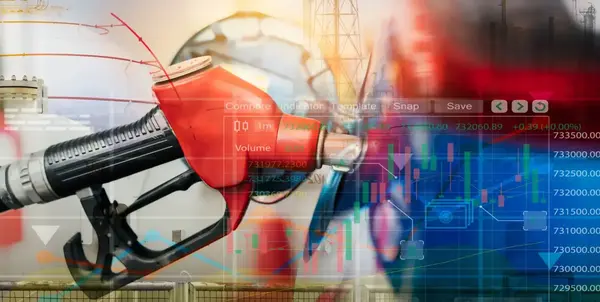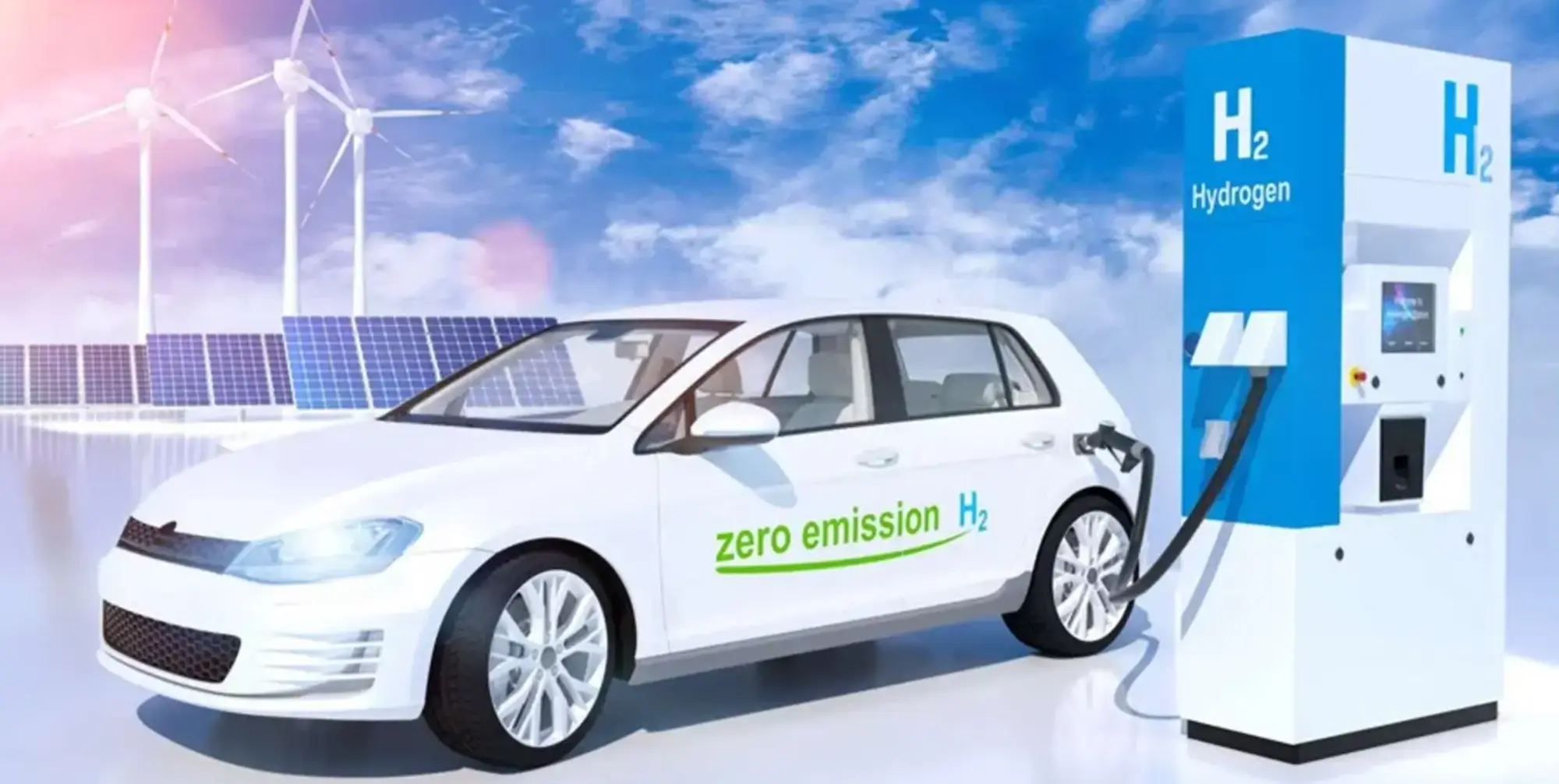Rapidly rising environmental and climate change concerns have led to major efforts to develop non-traditional energy sources. Therefore, the idea is to use the abundant hydrogen element found in nature, which can generate the electricity needed to power cars while not producing any damaging carbon emissions.
Hydrogen: From Element to Energy Source
We will go over the methods for using hydrogen in car engines. Hydrogen is a chemical element that is available in nature. There are two techniques to convert it into an eco-friendly source that can power car engines of all types and categories.
Hydrogen Internal Combustion Engines (HICE)
Both traditional internal combustion engines and Hydrogen internal combustion engines use the same components, but the former burns fuel while the latter burns hydrogen to create electricity. Pressurized hydrogen gas is directly injected into the engine, which then works as usual.
Hydrogen Fuel Cells
Hydrogen cells rely on the movement of chemical energy to generate electrical energy; each cell has two electrodes, one negative and one positive. The story starts with an interaction caused by an electrolyte carrying electrically charged particles between them and a catalyst to speed up the reactions which is oxygen in that case. We'll take you inside one of the hydrogen cells through the following points to clarify things.
First Step
The anode receives hydrogen atoms, whereas the cathode receives oxygen.
Second Step
At the anode, the hydrogen atoms are divided into protons and electrons.
Third Step
Negatively charged electrons are forced through a circuit to produce energy, while positively charged protons now travel through the electrolyte to the cathode.
Fourth Step
The electrons and protons move through the circuit and electrolyte as they should, and then they meet at the cathode where they react with oxygen to create heat and water as byproducts.
Hydrogen Energy: Pros and Cons
No energy source used to power cars, no matter how good it is, comes without flaws. We will be looking at the advantages and disadvantages of hydrogen as a renewable source of energy.
Advantages of Hydrogen Energy
Compared to traditional internal combustion engines, hydrogen engines, and fuel cells provide several benefits, such as:
- Renewable source of energy as it can be produced from water electrolysis
- Help reduce carbon emissions, since hydrogen engines produce water and heat as their byproducts
- Improve energy efficiency, particularly in hydrogen fuel cells which have higher energy efficiency with lower consumption
- The Hydrogen combustion engines keep an aggressive voice that is familiar to those who are used to the roar of internal combustion engines
Disadvantages of Hydrogen Energy
On its journey toward becoming one of the most important renewable energy sources for cars, hydrogen energy faces some challenges and limitations, including:
- High costs of developing and producing hydrogen engines, requiring costly materials like platinum and catalysts
- Limited infrastructure for hydrogen cars. The number of gas stations and those that provide hydrogen fuel cannot be compared
- Difficulties in the storage and transportation of hydrogen due to its need for high-pressure containers or cryogenic storage
- The flammability of hydrogen raises safety concerns about its extensive use
For decades, hydrogen energy has been used in a variety of industries, including the automotive one. This energy has been able to prove its remarkable place as an eco-friendly source that will be crucial to the future of cars. Look at more diverse news to stay informed on everything occurring in the car industry.



























